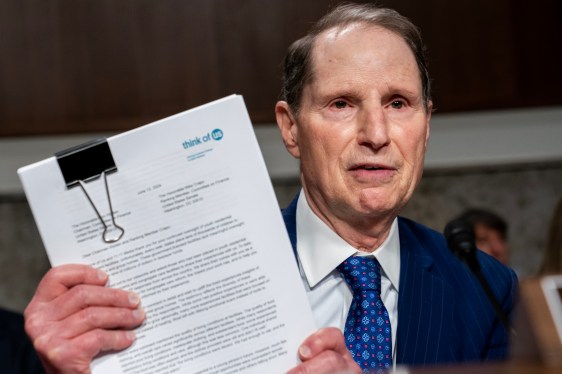As the U.S. government continues to impose regulations on the crypto industry, other regions are emerging as new hubs for virtual assets. One such place is Hong Kong, which has proposed rules that would allow retail investors to trade certain "large-cap tokens" on licensed exchanges. This move comes in stark contrast to mainland China’s outright ban on crypto-related transactions.
A Change in Regulatory Environment
The city’s Securities and Futures Commission (SFC) did not specify which large tokens would be allowed, but a spokesperson from the regulatory body mentioned that they would likely include Bitcoin and Ether, two of the biggest digital assets by market value. This decision is seen as a significant shift in Hong Kong’s stance on cryptocurrencies, moving away from its previous voluntary licensing regime.
The Impact of China’s Crackdown
Since China’s crackdown on crypto trading, the country’s web3 startups have largely given up on their home market and shifted focus abroad. Some of these companies have set up new bases in friendlier locations such as Singapore and Dubai, while continuing to keep developers in China to tap into the country’s large pool of affordable tech talent.
The Potential for a Return
Hong Kong’s introduction of a more relaxed regulatory environment for cryptocurrencies might encourage some of these Chinese-founded web3 companies in exile to return and be closer to home. This could lead to a resurgence in innovation and growth within the industry, as well as attract more investment and talent.
A Laboratory for China’s Policymakers
Hong Kong, historically a financial hub, can potentially serve as a laboratory for China’s policymakers to test out blockchain’s potential with some buffer for the nation’s one billion netizens. This could lead to the development of new regulatory frameworks that balance the need for innovation with the protection of investors.
The Requirements for Centralized Exchanges
The proposal laid out by Hong Kong stipulates that all centralized virtual currency exchanges operating in the city or marketing services to the territory’s investors must obtain licenses from the securities and futures authority. The requirements cover key areas such as:
- Safe custody of assets
- Know-your-client
- Conflicts of interest
- Cybersecurity
- Accounting and auditing
- Risk management
- Anti-money laundering/counter-financing of terrorism
- Prevention of market misconduct
Token Due Diligence, Governance, and Disclosures
In addition to ensuring suitability in onboarding clients and token admission, the other key proposals relate to token due diligence, governance, and disclosures. This means that centralized crypto exchanges have to ban Hong Kong IP addresses until they obtain the relevant permits to operate there.
Open for Consultation
The regulatory requirements are open for consultation through March 31, and the new licensing regime will take effect on June 1. This allows stakeholders to provide feedback and suggestions before the regulations come into force.
A Boost for Hong Kong’s Web3 Ecosystem
Jupiter Zheng, research director at HashKey Capital, comments that this move will help more start-up companies and talents establish businesses in Hong Kong, resulting in a more prosperous local virtual asset / web3 ecosystem. This news has also caused widespread positive reactions within the industry.
The Global Impact of This Move
This development is significant not only for Hong Kong but also for the global virtual asset industry. It demonstrates that even in an era of increasing regulation, there are still opportunities for innovation and growth. As the world’s economies continue to evolve, it will be interesting to see how this move affects the industry as a whole.
Conclusion
The proposal by Hong Kong to allow retail investors to trade certain "large-cap tokens" on licensed exchanges marks an important shift in the global virtual asset industry. While China’s crackdown on crypto trading had a significant impact on web3 startups, this move could encourage some of these companies to return and contribute to innovation and growth within the industry. As policymakers continue to navigate the complexities of regulating cryptocurrencies, it will be essential to strike a balance between protecting investors and fostering innovation.
Related Articles
- Failed Fintech Startup Bench Racked Up Over $65 Million in Debt, Documents Reveal: Charles Rollet (2 hours ago)
- Trading Platform eToro Said to Be Eyeing $5B US IPO in 2025: Mary Ann Azevedo (6 hours ago)
Subscribe to TechCrunch Daily News
Get the best of TechCrunch’s coverage every weekday and Sunday.




